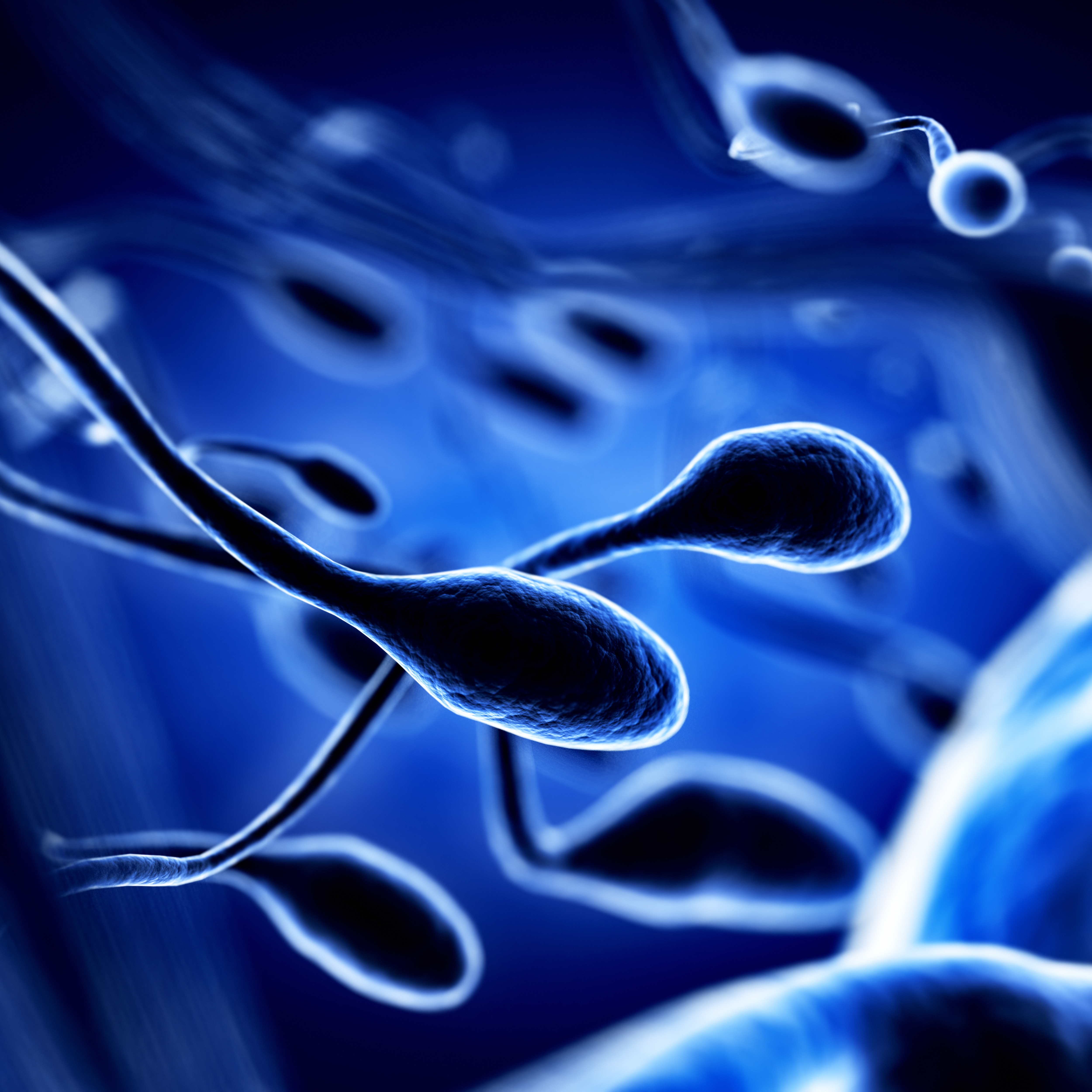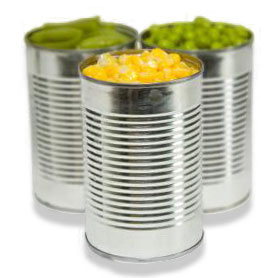Category Archive: Phthalates
Leftovers Are Great, But What About Those Plastic Containers?

As parents resume the early morning rush of sending their kids back to school, leftovers and make-ahead meals are often the easiest way to ensure everyone is getting the nutrition they need. But while busy families try to make better health decisions, some activists are blaming an unlikely aggressor for America’s expanding waistline: plastics. In recent years, flawed research has linked phthalates and bisphenol A (BPA) in plastic containers to health issues like insulin resistance and weight gain, respectively. Some incorrectly claim that microwaving food in plastic containers makes the problem worse. In 2008, Good Housekeeping magazine put these claims to the test. It...
Read MoreSchool supplies don’t come with a toxic dose of chemicals

Earlier this week, our chief science officer Dr. Joseph Perrone wrote an opinion piece for The Tribune-Democrat about toxic chemicals supposedly lurking in your children’s school supplies. You can read a portion of the piece below, or the entire article on The Tribune-Democrat’s website: With the competitive back-to-school market expected to reach almost $30 billion this year, the anti-chemical trend appears to be the latest tactic for brands and activist groups to latch on to. The strategy goes like this: pick a chemical with a hard-to-pronounce name (phthalates are taking the scarlet letter this year.) Then, convince parents that weakly relevant studies,...
Read MoreBack-to-School Shopping? Here’s How You Can Keep Your Kids Healthy And Safe.

Parents can hardly search for the best back-to-school deals without being bombarded by news reports and blog posts about “highly toxic chemicals” in school supplies. It doesn’t get much better at the store either, with many brands marketing their products as free from harmful chemicals. That means the other backpacks, markers and lunchboxes are full them, right? Wrong. We’re going to clue you in on a secret: these claims don’t mean much, because the products were safe to begin with. Consider one scare tactic by the Center for Health, Environment & Justice, which makes waves every year telling concerned parents to avoid backpacks, binders, notebooks and art supplies...
Read MoreNo, Humanity Isn’t On the Brink of Extinction

Have you heard? Chemicals are crippling Western men’s sperm at a rate so alarming, humanity is in danger of extinction! And if you believe that, we have a bridge to sell you. Early last week, a study in the journal Human Reproduction Update reviewed previous scientific literature and found that men in Western countries are producing 59 percent fewer sperm than their grandfathers. Although the study controlled for variables like age, abstinence time, and semen collection method, the review was still severely limited by the quality of data available to analyze. But tell that to the media, which fell into a frenzy...
Read MoreChemicals in Your Mac and Cheese?

Phthalates: They’re difficult to pronounce, widely used in plastics, rubber, cosmetics, and fragrances, and yes, they’re in your macaroni and cheese. But should you really be worried about the report which inspired The New York Times to editorialize about “potentially harmful chemicals…present in high concentrations in your child’s favorite meal?” Although phthalates may migrate from plastics to food, they do so in such small quantities that the National Toxicology Program dismisses their risk for causing human reproductive harm as minimal to negligible. Such was the case with this report, but instead of presenting its findings with any context, the environmental advocacy groups which commissioned it twisted the data to...
Read MoreKeep Marching for Science

This weekend, science advocates in over 500 cities celebrated Earth Day by taking to the streets to March for Science. Emerging from the comfort of our laboratories might be a good thing. Despite the fact that Pew Research surveys show Americans invest a high degree of trust in scientists – far more than the news, elected officials, or even community leaders – 83 percent of Americans cannot name a single living scientist. (A few recognizable names for your personal reference: Bill Nye, Neil deGrasse Tyson, Stephen Hawking, James Watson, Richard Dawkins.) Americans appreciate “science” in the abstract, yet common chemistries and technologies have whipped many parents and hasty health reporters into a fear-filled...
Read MoreIs America’s Sperm Crippled by Chemicals?

Following the lead of a New York Times article, numerous headlines have emerged blaming endocrine disrupting chemicals (EDCs) as the source of an emerging male fertility crisis. As the narrative goes, modern chemicals that improve the functionality and safety of plastics, cosmetics, and furniture are damaging sperm development, reducing our ability to procreate, and calling into question the future of the human species. Let’s take a deep breath. The jury is still out on whether sperm quality is declining at all. A BMJ (formerly the British Medical Journal) debate identified several major problems comparing sperm count between studies, because “data collected in different...
Read MoreEWG Cries Racial Injustice Over Product Safety

Last week, the Environmental Working Group (EWG) once again stoked the flames of fear with pseudoscience. The group’s latest update to its Skin Deep Cosmetics Database identified 1 in 12 products marketed to African American women as being “highly hazardous,” with fewer than one fourth receiving a “low hazard” rating. Considering the average woman owns 40 different makeup products - a value that doesn’t even begin to consider hair, nail or body products - women have a lot riding on the safety of their cosmetics. African American women in particular account for up to 22% of the personal care products market, which suggests African American women devote...
Read MoreSix Products Battling Misinformation

Earlier this month, Safer Chemicals, Healthy Families warned against Six Products to Avoid Whenever Possible. Despite admonishing “scare-tactic click bait headlines that throw parents into a panic,” the author proceeded to write just that. So, in the interest of setting the record straight, we present: Six Products Battling Misinformation Canned foods: Epoxy resins made from Bisphenol-A (BPA) create a protective barrier from bacteria and rust, making canned foods safer and prolonging their shelf life. Reliable canning is essential in providing fruits and vegetables to poor people and those who live far from agricultural centers. Unlike the claims made by internet activists, BPA...
Read MoreAre Chemicals Really Costing Us Billions?

In a new article for the Huffington Post, Dr. Joseph Perrone asks Are Chemicals Really Costing Us Billions? He elaborates on a study in The Lancet Diabetes and Endocrinology which claimed that endocrine disruptors cost the U.S. economy $340 billion each year. Spoiler Alert: they don't. The claim that the U.S. is throwing away billions due to low-level exposure to chemicals in everyday items is enough to give anyone pause. Unfortunately, the “groundbreaking” economic analysis relied upon the findings of previous studies suffering from small sample sizes, flawed methodology, illogical leaps, and assumptions In pegging the cost of endocrine disruptors at $340 billion, the researchers first had to...
Read More